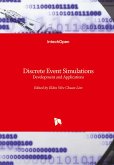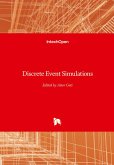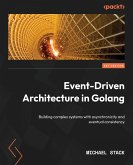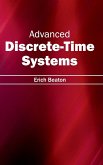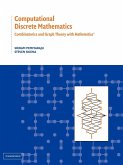Real-world problems are often formulated as diverse properties of different types of dynamical systems. Hence property verification and synthesis have been long-standing research interests. The supervisory control framework developed in the 1980s provides a closed-loop property enforcement framework for discrete-event systems which usually consist of discrete states and transitions between states caused by spontaneous occurrences of labeled events. In this comprehensive review, the author develops an open-loop property enforcement framework for discrete event systems which scales better and can be implemented in more models. The author demonstrates the practicality of this framework using a tool called concurrent composition, and uses this tool to unify multiple inference-based properties and concealment-based properties in discrete-event systems. In the second part, the author introduces a new model called labeled weighed automata over monoids (LWAMs). LWAMs provide a natural generalization of labeled finite-state automata in the sense that each transition therein carries a weight from a monoid, the weight of a run is the product of the weights of the run's transitions. This book introduces the reader to a new paradigm in discrete event dynamic systems. It provides researchers, students and practitioners with the basic theory and a set on implementable tools that will have a significant impact on systems of the future.


